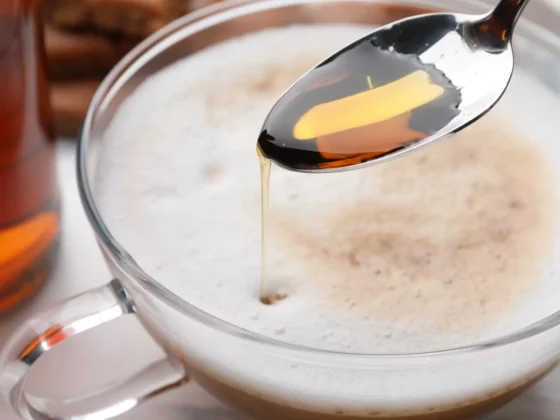Enjoying a hot cup of coffee is a cherished daily ritual for many, but it occasionally comes with the unpleasant experience of a burnt tongue. This common mishap can cause significant discomfort and interfere with your ability to enjoy meals and drinks. Understanding how to heal a burnt tongue from coffee, as well as learning preventive measures, is essential for coffee enthusiasts. This article provides comprehensive insights into effective remedies for treating a tongue burn, medical treatments for more severe cases, and practical tips to avoid future burns. Whether you’re dealing with the aftermath of a too-hot sip or simply looking to enjoy your coffee safely, this guide will equip you with the knowledge to ensure your coffee-drinking experience is both enjoyable and safe.
Feeling a bit lazy to read? Hit play and listen to the article below.
- Introduction & Key Takeaway
- https://app.mysoundwise.com/tracks/17017339330743982e.mp3
- Understanding Tongue Burns
- https://app.mysoundwise.com/tracks/17017339774269753e.mp3
- Immediate Steps After Burning Your Tongue
- https://app.mysoundwise.com/tracks/17017340085796108e.mp3
- Home Remedies for a Burnt Tongue
- https://app.mysoundwise.com/tracks/17017340515566318e.mp3
- Medical Treatments and When to Seek Help
- https://app.mysoundwise.com/tracks/17017340975178459e.mp3
- Preventing Future Tongue Burns
- https://app.mysoundwise.com/tracks/17017341407640654e.mp3
- Conclusion & FAQs
- https://app.mysoundwise.com/tracks/17017341725296445e.mp3
Burnt Tongue from Coffee: Key Takeaway
- Immediate Remedies for Tongue Burns: Learn effective home remedies such as using honey, aloe vera, or yogurt to soothe a burnt tongue immediately after the injury. These natural agents help reduce inflammation and accelerate the healing process.
- Dietary Adjustments for Faster Healing: Understand the importance of dietary changes post-burn. Consuming vitamin-rich foods, protein for tissue repair, and probiotics can significantly aid in the healing process of a burnt tongue.
- Hydration and Oral Care: Recognize the role of staying hydrated and maintaining gentle oral hygiene in the recovery process. Drinking plenty of water and using oral moisturizers can alleviate discomfort and promote faster healing.
- When to Seek Medical Help: Identify scenarios where professional medical advice is necessary. Severe burns, persistent symptoms, or signs of infection warrant a visit to a healthcare professional for appropriate treatment.
- Prevention Strategies: Gain insight into practical tips for preventing future tongue burns, such as managing the temperature of your coffee, adopting safe sipping habits, and being mindful of hot beverages to reduce the risk of burns.
Understanding Tongue Burns
Tongue burns are a common yet uncomfortable experience often resulting from overly hot foods or drinks. These burns can range from mild to severe, depending on the temperature and duration of exposure. Understanding the causes, the anatomy of a burnt tongue, and the healing process is essential for proper care and prevention.
Causes of Tongue Burns from Hot Beverages

Tongue burns from hot beverages can occur due to several factors.
- Temperature Sensitivity: The human tongue is particularly sensitive to temperature extremes. Beverages like freshly brewed coffee, tea, or hot cocoa can easily exceed the comfortable temperature threshold for the tongue.
- Immediate Reaction: When a hot beverage comes into contact with the tongue, it causes a thermal injury. The severity of the burn depends on how hot the beverage is and how long it stays in contact with the tongue.
- Lack of Awareness: Sometimes, people underestimate the temperature of their drink, leading to accidental burns. This is particularly common when consuming drinks in a rush or without testing their temperature first.
Anatomy of a Burnt Tongue
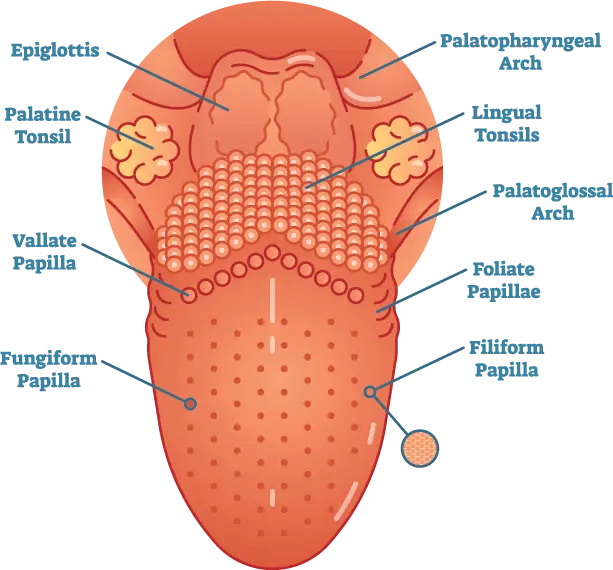
Understanding a burnt tongue’s anatomy helps recognize the damage’s extent and the subsequent healing process.
- Tongue Structure: The tongue comprises muscles, nerves, and taste buds. (1) These components are sensitive and can be easily damaged by high temperatures.
- Types of Burns: A mild burn typically affects only the outermost layer of the tongue, causing redness and pain. More severe burns can damage deeper tissues and affect taste buds and nerve endings.
- Immediate Symptoms: The initial symptoms of a tongue burn include pain, redness, and swelling. In severe cases, blisters may form.
The Healing Process of Oral Burns
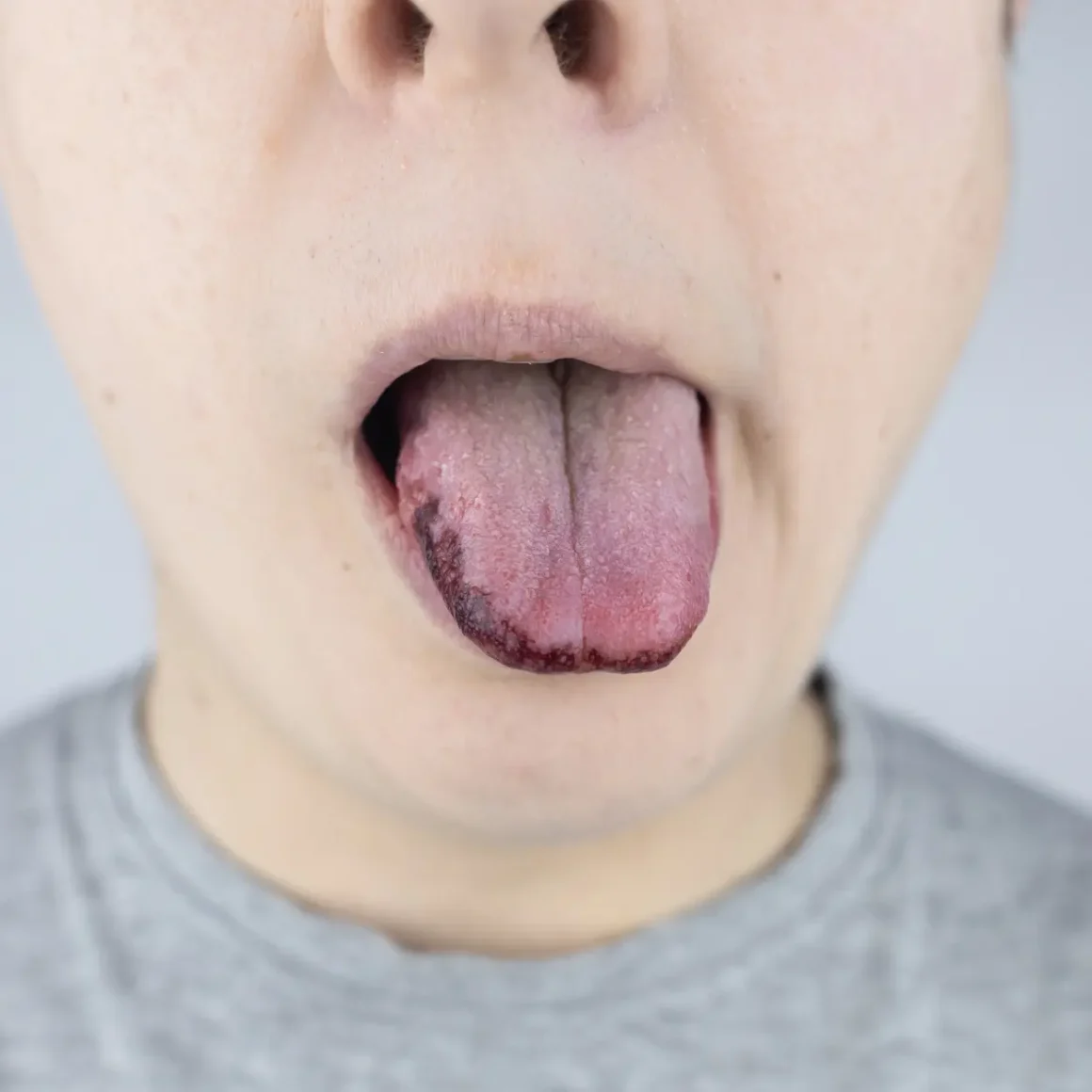
Knowing how oral burns heal can guide individuals in managing their recovery effectively.
- Natural Recovery: The mouth, including the tongue, has a remarkable ability to heal quickly. Most minor burns will heal on their own within a few days. (2)
- Hydration and Nutrition: Keeping hydrated and maintaining a balanced diet helps in the healing process. Soft, cool foods and drinks can soothe the burnt area.
- Medical Attention for Severe Burns: In cases of severe burns where blisters or significant pain persist, it’s important to seek medical attention. A healthcare professional can provide appropriate treatment and prevent infection.
In summary, tongue burns from hot beverages like coffee are common but usually not serious. Understanding their causes, the anatomy of the tongue, and the natural healing process can help manage and prevent these uncomfortable injuries. With proper care, most tongue burns heal quickly and without complications.
Immediate Steps After Burning Your Tongue
Experiencing a burnt tongue, especially from hot beverages like coffee, can be quite painful. However, quick and appropriate actions can significantly reduce pain and accelerate the healing process. Here’s a guide on what to do immediately after burning your tongue.
Cooling the Burnt Area

Immediate cooling of the burnt tongue is crucial to alleviate discomfort and minimize damage.
- Cold Water Rinse: As soon as you realize your tongue is burnt, rinse your mouth with cold water. This helps to cool down the tongue and reduce the thermal impact.
- Cold Compress: If available, use a cold compress or suck on an ice cube. This not only cools the area but also helps in reducing swelling.
- Avoid Ice Directly on the Burn: Direct contact with ice can further damage the sensitive tissues of the tongue. It’s better to let the ice melt in your mouth.
Pain Management Strategies
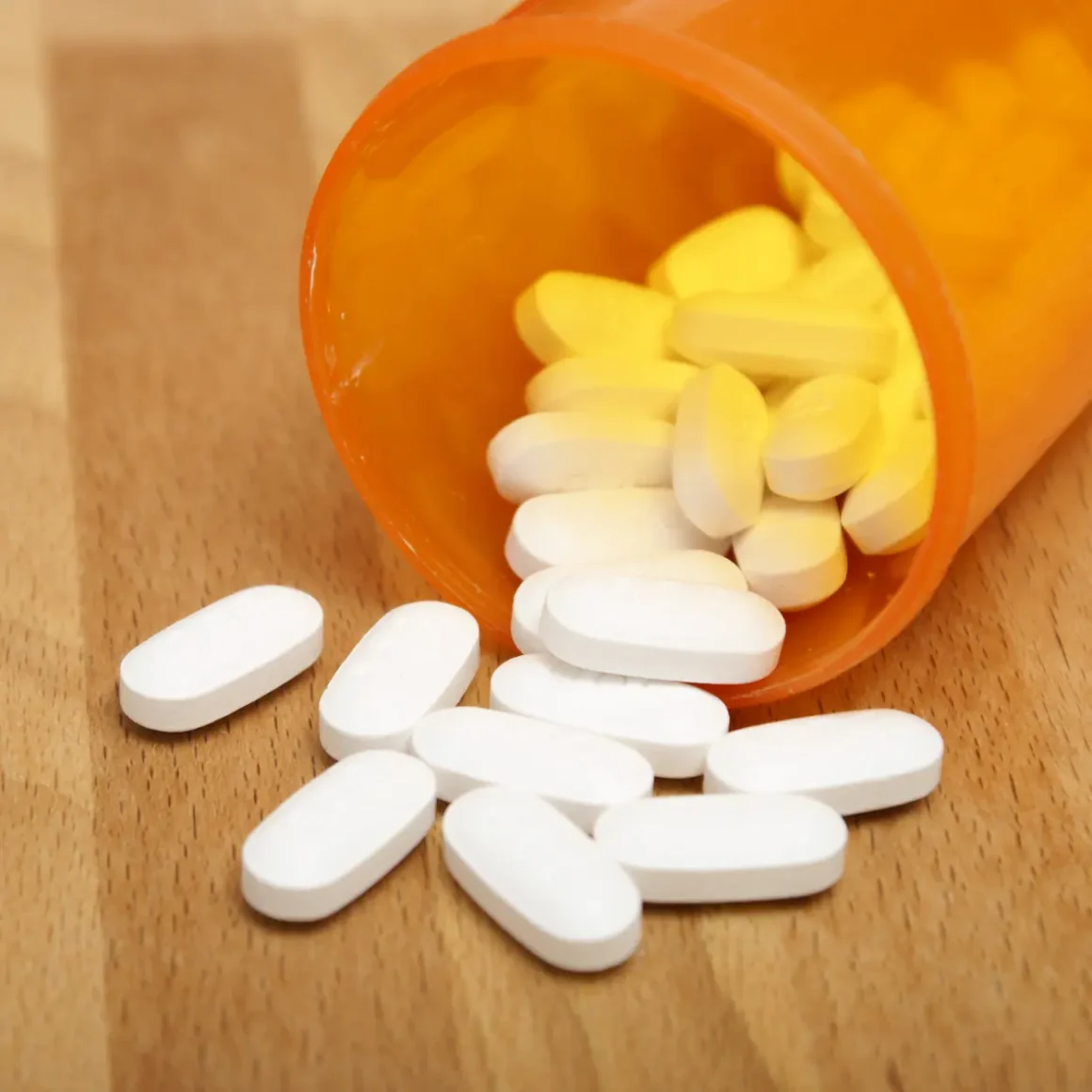
Managing pain is essential for comfort during the healing process.
- Over-the-Counter Pain Relievers: For immediate pain relief, over-the-counter pain relievers like acetaminophen or ibuprofen can be effective. (3)
- Avoid Hot, Spicy, or Acidic Foods: Consuming gentle, bland foods can prevent further irritation to the burnt area.
- Stay Hydrated: Drink plenty of water to keep the mouth moist and aid in healing. Avoid alcoholic or very acidic drinks as they can aggravate the burn.
What to Avoid Immediately After the Burn

Certain actions and substances should be avoided to promote faster healing and reduce discomfort.
- Hot Beverages or Foods: Keep away from hot drinks and foods until your tongue heals. They can cause additional damage to the sensitive tissues.
- Scraping or Brushing the Burnt Area: Avoid brushing or scraping the burnt area as this can further irritate and harm the tongue.
- Using Mouthwash with Alcohol: Mouthwashes containing alcohol can be too harsh for a burnt tongue. Opt for a gentle, alcohol-free mouth rinse instead.
To sum up, knowing how to heal a burnt tongue from coffee or other hot beverages is crucial for quick recovery and comfort. Immediate cooling, pain management, and avoiding certain irritants are key steps to follow right after the injury. With these measures, the discomfort should subside soon, and the tongue can heal effectively.
Home Remedies for a Burnt Tongue
Suffering from a burnt tongue, especially after drinking something like hot coffee, can be an uncomfortable experience. Fortunately, several home remedies can provide relief and aid in healing. These remedies are easy to implement and can be very effective in managing the discomfort associated with a tongue burn.
Natural Soothing Agents
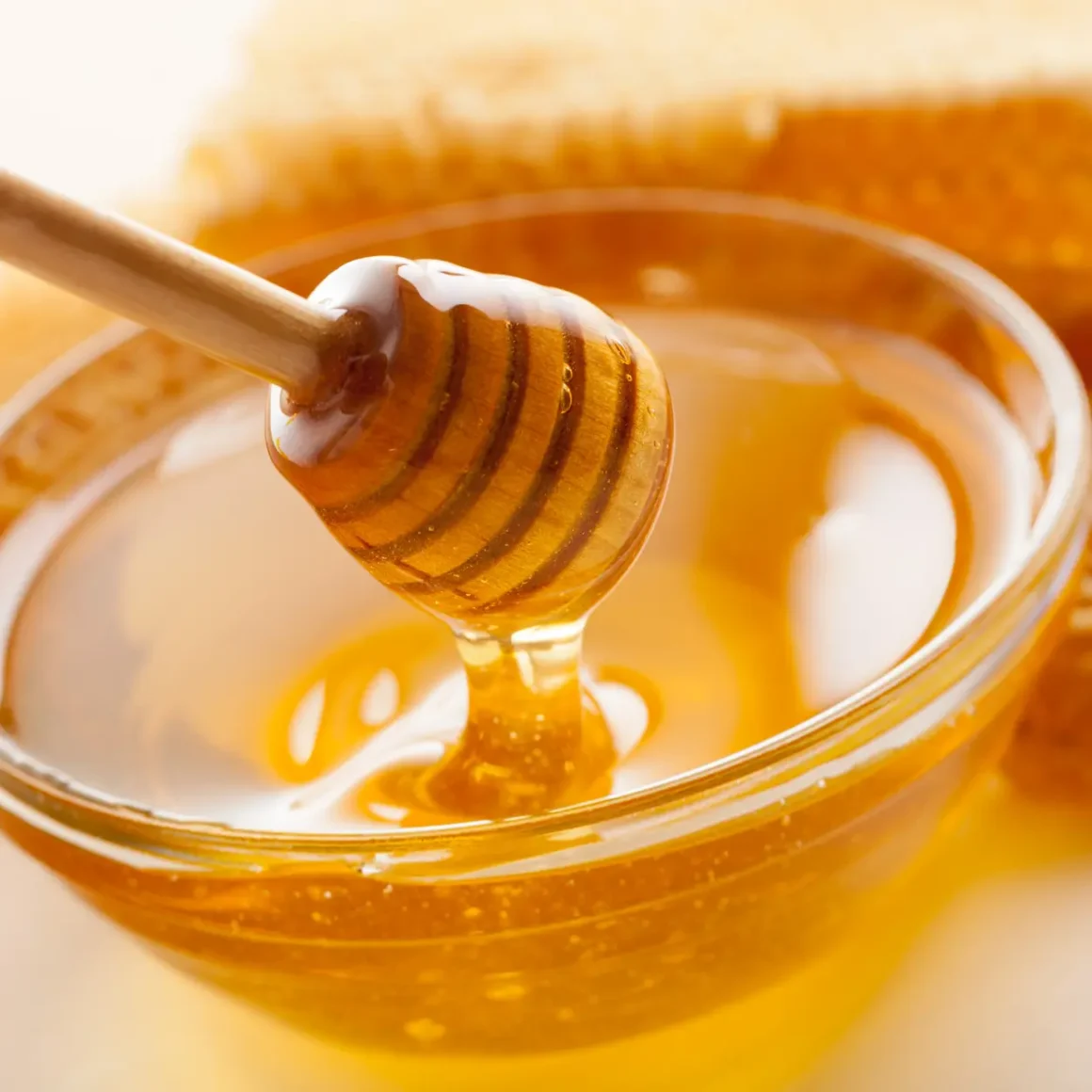
Natural remedies can offer relief and aid in the healing process for a burnt tongue.
- Honey: Known for its natural healing properties, honey can be applied directly to the burnt area. It helps in reducing inflammation and preventing infection.
- Aloe Vera: Aloe vera gel, when applied to the tongue, can provide a soothing effect. Its natural cooling properties are beneficial for healing burns.
- Yogurt: Cold yogurt can be gently applied to the burnt area. Its cool temperature and smooth texture can provide immediate relief.
Dietary Adjustments for Healing

Adjusting your diet can play a significant role in promoting healing and reducing discomfort.
- Vitamin-rich foods: Consume foods rich in vitamins A and C, like carrots and oranges, to promote healing. However, ensure that the citrus fruits are not too acidic.
- Protein for Tissue Repair: Incorporate protein-rich foods such as lean meats, tofu, and beans into your diet. Protein is vital for tissue repair and can accelerate the healing of any damage to the tongue.
- Probiotics for Gut Health: Consider including probiotic-rich foods like yogurt with live cultures or kefir in your diet. These can promote gut health, which in turn supports your overall immune system and aids in healing.
Hydration and Oral Health

Proper hydration and oral care are essential for a faster recovery.
- Drink Plenty of Water: As previously discussed, staying hydrated is key in the healing process. Water can help in cleansing the mouth and keeping the tissues moist.
- Milk: Drinking milk can coat the tongue and provide a protective layer, aiding in pain relief.
- Oral Moisturizers: Consider using over-the-counter oral moisturizers or gels specifically designed for mouth sores. These can help alleviate dryness and discomfort in the mouth.
Knowing how to heal a burnt tongue from coffee or other hot substances involves using natural soothing agents, making dietary adjustments, and ensuring adequate hydration and oral health. These simple yet effective home remedies can significantly alleviate discomfort and promote faster healing of a burnt tongue.
Medical Treatments and When to Seek Help
While many cases of a burnt tongue, such as those resulting from hot beverages like coffee, can be treated at home, there are instances where medical intervention is necessary. Understanding when to seek professional medical advice and how to manage long-term oral care post-burn is crucial for proper healing and prevention of complications.
Professional Medical Advice for Severe Burns
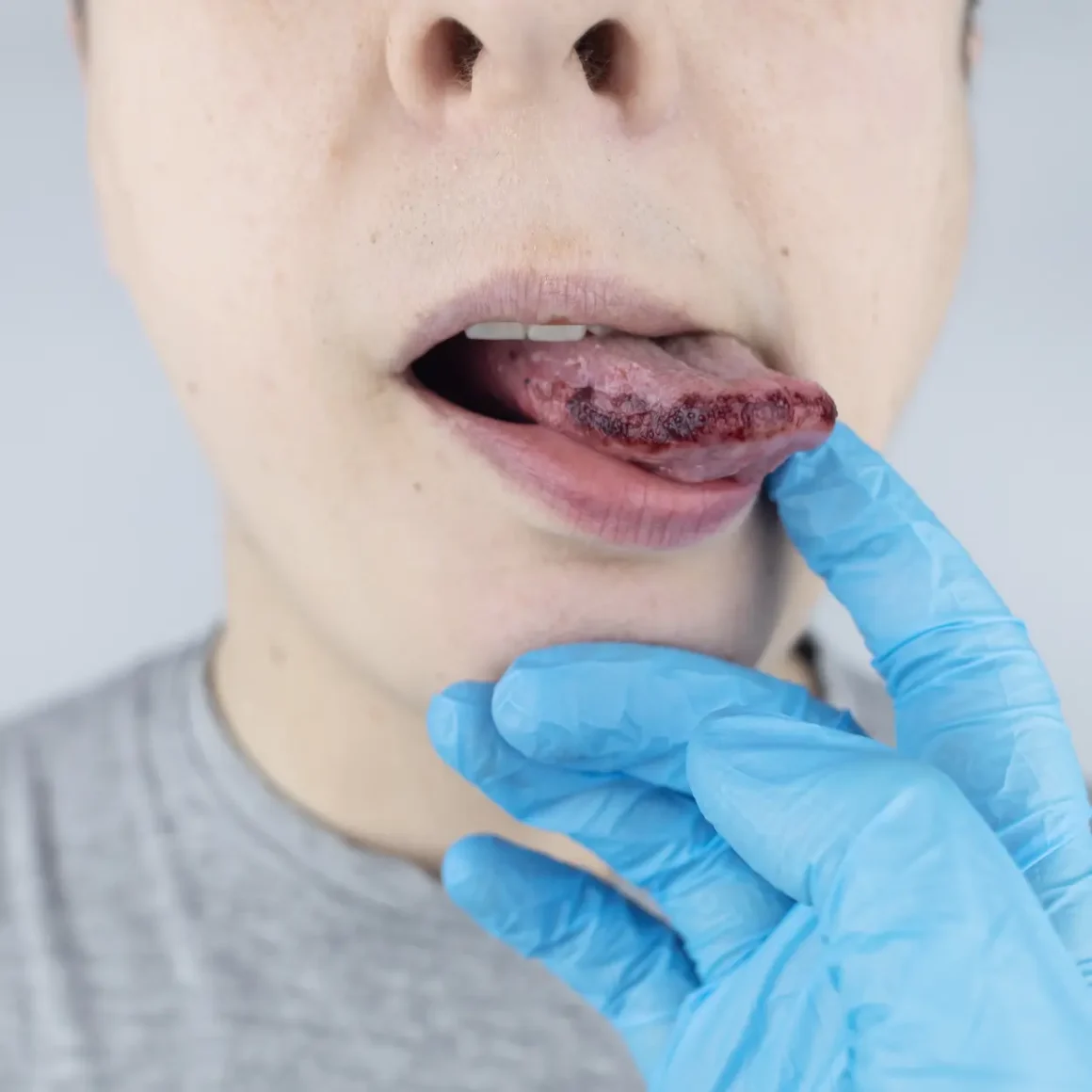
Severe burns on the tongue require prompt medical attention to ensure proper treatment and prevent complications.
- The severity of the Burn: If the burn leads to severe pain, swelling, blisters, or signs of infection (like pus or increasing redness), it’s important to seek medical help.
- Persistent Symptoms: If symptoms persist for more than a few days without improvement, or if eating and drinking become difficult, professional evaluation is advised.
- Medical Interventions: A healthcare provider may prescribe pain relief medication, antibiotics to prevent or treat infection, or special mouthwashes to aid in healing.
- Follow-up Care: In cases of severe burns, follow-up care might be necessary to ensure proper healing and to check for any potential complications.
Long-Term Oral Care Post-Burn
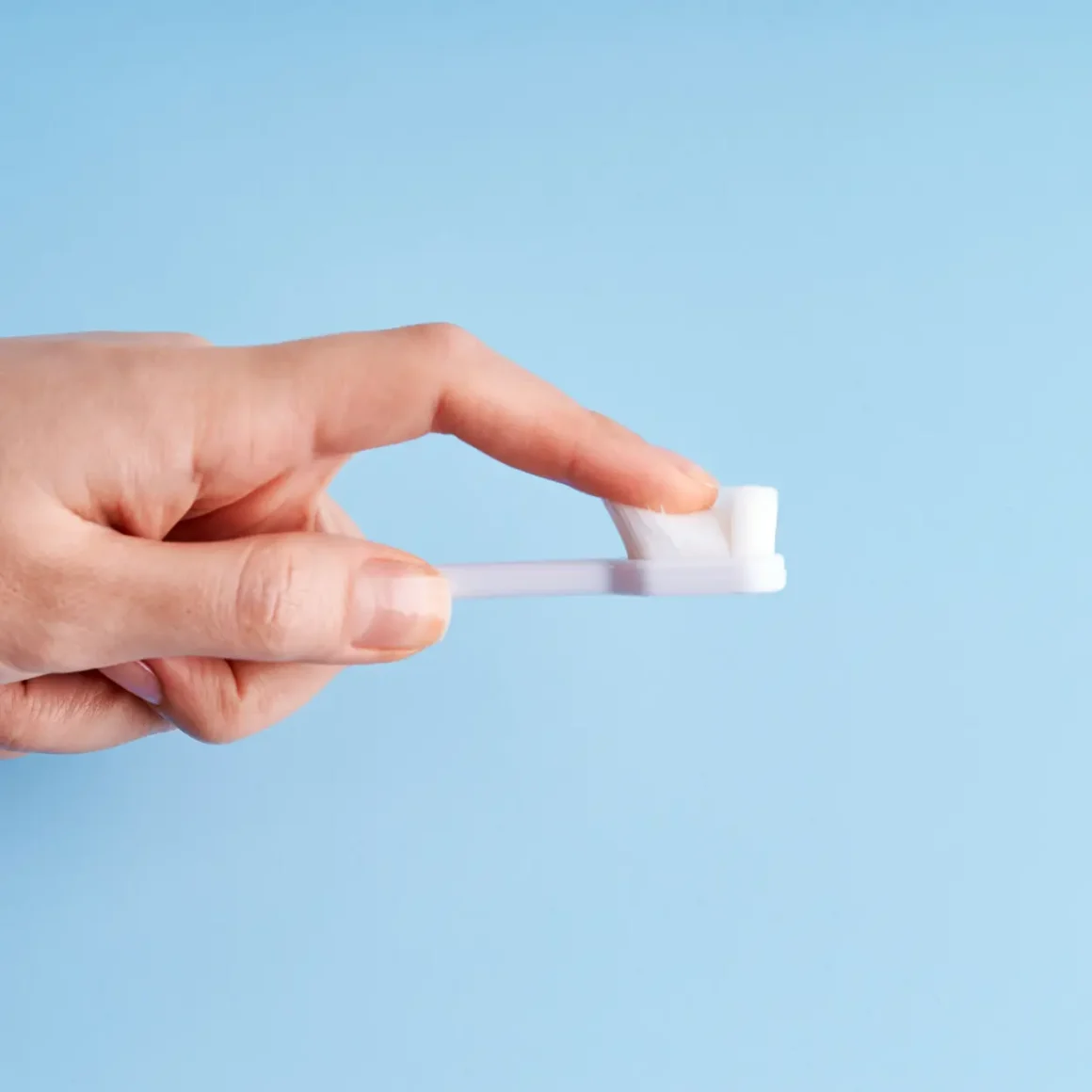
After experiencing a burnt tongue, long-term oral care is essential for maintaining oral health and preventing future incidents.
- Gentle Oral Hygiene: After suffering from a burnt tongue, it’s important to maintain a gentle oral hygiene routine. As previously discussed, use a soft-bristled toothbrush and avoid alcohol-based mouthwashes that can irritate the burnt area.
- Monitoring Healing Process: Keep an eye on the healing process. If the burnt area doesn’t heal or if there are changes in sensation or taste, consult a healthcare professional.
- Dietary Considerations: Continue to eat soft, non-irritating foods until the tongue has completely healed.
- Preventive Measures: To prevent future incidents, be cautious with the temperature of foods and drinks. It’s advisable to let hot beverages cool down a bit before consuming.
While many cases of a burnt tongue can be managed at home, understanding how to heal a burnt tongue from coffee and when to seek professional medical advice is important. Severe burns, persistent symptoms, and any signs of complications should prompt a visit to a healthcare provider. Long-term oral care, including gentle hygiene practices, is essential to ensure complete healing and prevent future injuries.
Preventing Future Tongue Burns
Tongue burns are often an unpleasant result of consuming too-hot beverages or foods. To prevent such incidents, especially with common culprits like coffee, it’s important to adopt strategies that ensure safer consumption habits. By managing coffee temperature, practicing safe drinking methods, and being mindful of hot beverages, you can significantly reduce the risk of burning your tongue.
Coffee Temperature Management

Properly managing the temperature of your coffee is crucial to prevent burns and enjoy your beverage safely.
- Let It Cool: After brewing, allow your coffee to cool for a few minutes before drinking. Coffee served at extremely high temperatures can easily cause burns.
- Test the Temperature: Before taking a full sip, test the temperature with a small sip or by touching the cup to your lips. This can give you a good indication of how hot the beverage is.
- Use a Thermometer: For a more precise approach, consider using a thermometer to ensure your coffee is at a drinkable temperature, typically around 120°F to 140°F (48°C to 60°C).
Sip, Don’t Slurp: Safe Coffee Consumption

Adopting safe consumption habits can significantly reduce the risk of burns when enjoying hot coffee.
- Sipping Slowly: Take small, careful sips instead of slurping or taking large gulps. This method allows you to test the temperature with each sip and reduces the risk of burns.
- Using Lids: When drinking from a cup with a lid, such as a travel mug, use the drink spout which typically allows for smaller sips and provides a buffer against the hot liquid.
- Avoid Drinking While Moving: Try to avoid drinking hot coffee while walking or driving, as sudden movements can lead to unexpected spills and burns.
Being Mindful of Your Hot Beverage

Being mindful of the properties of your drink and your drinkware is essential for safety.
- Awareness of Heat Retention: Be aware that certain types of cups, especially thermal mugs, can retain heat for longer periods. Always be cautious, even if some time has passed since the coffee was poured.
- Educate Others: Share these tips with friends and family, especially if they frequently consume hot beverages like coffee. Education is a key factor in prevention.
- Regularly Check the Condition of Drinkware: Inspect cups, mugs, and lids for damage that might affect their ability to hold hot liquids safely. A small crack or a missing seal on a travel mug lid can increase the risk of spills and burns.
Overall, preventing future tongue burns involves a combination of temperature management, careful consumption practices, and overall mindfulness when handling hot beverages like coffee. By incorporating these strategies into your daily routine, you can enjoy your hot drinks without the discomfort and inconvenience of a burnt tongue.
Conclusion
While enjoying a hot cup of coffee is a daily pleasure for many, it sometimes leads to the minor yet painful inconvenience of a burnt tongue. This article has provided a comprehensive guide on how to heal a burnt tongue from coffee, covering everything from immediate natural remedies and dietary adjustments to hydration strategies and oral care. Additionally, it emphasizes the importance of understanding when to seek medical attention for more severe burns and offers practical tips for preventing future incidents. By applying these insights and strategies, coffee lovers can not only effectively manage tongue burns when they occur but also take proactive steps to enjoy their favorite beverage safely, ensuring that their coffee experience remains a delightful part of their daily routine.
FAQ
Can I use milk to relieve a burnt tongue?
Yes, milk can help relieve a burnt tongue. Its cool temperature and soothing properties can provide immediate relief and create a protective coating over the burnt area.
What are the potential complications of a severe tongue burn?
Severe tongue burns can lead to complications such as infections, prolonged pain, and in some cases, damage to the taste buds or nerve endings
Are there any home remedies for preventing burnt tongues in the future?
Preventative home remedies include letting hot beverages cool down slightly before drinking, using a thermometer to check their temperature, and taking small sips to test the heat.
Is it safe to consume hot beverages after a tongue burn?
After a tongue burn, it's advisable to wait until the area has fully healed before consuming hot beverages. Consuming hot drinks too soon can aggravate the burn and slow down the healing process.













